I Catch Killers podcast: How NSW Police found killer nurse Roger Dean’s motive in Quakers Hill fire
One of Australia’s leading crime examiners has revealed how he uncovered killer nurse Roger Dean’s motive in the Quakers Hill nursing home fire. Listen to the podcast. Warning: Graphic
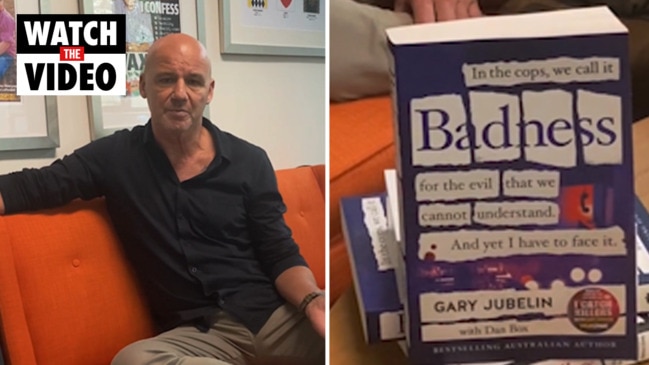
I Catch Killers
Don't miss out on the headlines from I Catch Killers. Followed categories will be added to My News.
One of Australia’s leading crime examiners has told of the chilling moment he uncovered documents revealing killer nurse Roger Dean’s motive in the aftermath of the Quakers Hill nursing home fire.
In a wide-ranging interview with Detective Inspector (retd) Gary Jubelin for his I Catch Killers podcast, forensic investigator Greg Kelly looks back on his incredible career, which saw him work on some of the nation’s biggest cases.
In November 2011, the crime examiner was called to the scene of the Quakers Hill nursing home in Sydney’s west after a deadly blaze that was lit by nurse Roger Dean, who later pleaded guilty to 11 counts of murder and was jailed for life.
“Eighteen people died overall over a period of time but because of their frailty and age, (the cause of death) couldn’t be proven,” Mr Kelly told the podcast.
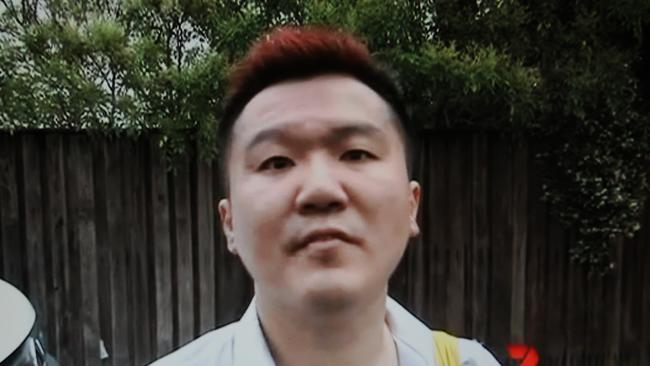
Mr Kelly, who began his career as a police offer and has worked in forensics for over 40 years, said he initially went to the scene of the blaze after being contacted by lawyers on behalf of one of the building’s insurers.
When he got there, he was refused entry to the crime scene.
“There’s a lot of media around the place, it was blocked off out there at Quakers Hill,” he said.
“There’s a lot of activity, a lot of forensic staff fingerprinting, pulling things around the outside, all that sort of stuff.
“I knew for a fact they weren’t gonna let me into this crime scene — an active crime scene and Billy Bloggs here from nowhere turns up.”
But that was on the Friday, Mr Kelly said.
The following Saturday night, he got a call from the head of the crime scene asking if he could help with removing the roof because the fire had ravaged two separate parts of the aged care facility.
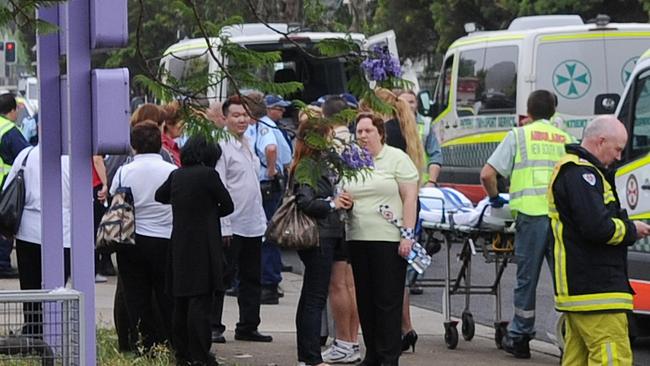
Within hours of Mr Kelly’s evaluation, a construction crew was at the Quakers Hill nursing home.
It was then that he miraculously found a key piece of evidence “sitting in an in-tray on a desk”.
“I got to go through some of the other areas when they gave me permission to do that,” Mr Hill, a self-confessed “snoop”, told the podcast.
“I was able to find some documents, which included a running sheet that a staff member have been writing in regards to the original allegation to police with regard to what the nurse was doing.
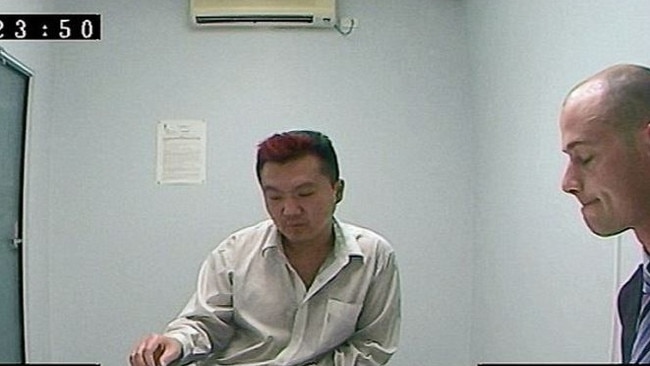
“The original allegation that police had been called to, because of drugs going missing in the place and had been witnessed by some of the residents.”
“That was crucial evidence that became part of the motive for the whole thing,” Mr Jubelin said.
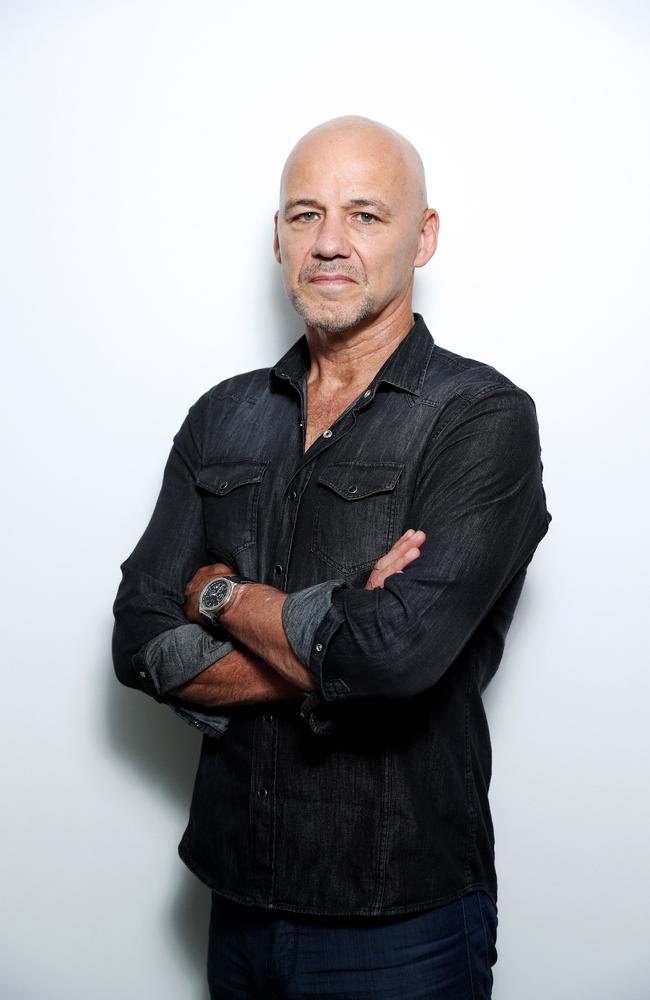
After working in his field for over 40 years, Mr Kelly is now focusing on training his young employees.
“I’m now surrounded by young people with mechanical engineering degrees, electrical engineering, chemical engineering, chemistry, forensic science, masters in forensic science.
“So the qualifications and the expertise they’ve got in these areas, is second to none.”
When asked by Mr Jubelin what he considered the key characteristics a good investigator needs, he replied: “Tenacity, integrity. And an undying commitment to find the truth.”
Listen to the new episode on the I Catch Killers podcast here.





